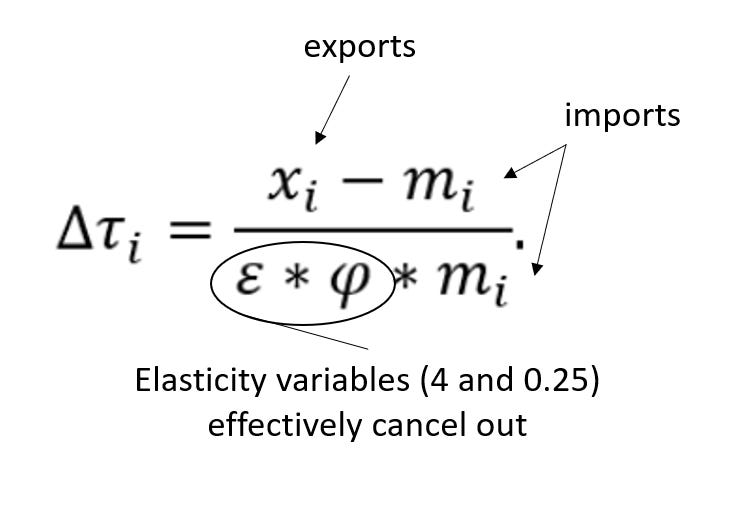
Writer. Statistician. PhD@Harvard. "Strong opinions, loosely held."
20 subscribers
How to get URL link on X (Twitter) App


 When you fit a curve to data, you have choices.
When you fit a curve to data, you have choices. 

 RESPECT AUTONOMY
RESPECT AUTONOMY
 Very simply, statistics is about taking two points you know exist and drawing a line between them, basically completing patterns.
Very simply, statistics is about taking two points you know exist and drawing a line between them, basically completing patterns.

 The formula defines the tariff rate as exactly the percent you need to charge on imports to make up for the trade deficit. Basically,
The formula defines the tariff rate as exactly the percent you need to charge on imports to make up for the trade deficit. Basically,
https://twitter.com/zach_yadegari/status/1906859987105636667Maybe this will help some people. Here's the essay:




 Nightingale was first female member of the Royal Statistical Society and a pioneer in using statistical analysis to guide medical decisions and public health policy.
Nightingale was first female member of the Royal Statistical Society and a pioneer in using statistical analysis to guide medical decisions and public health policy.

 These would include venture capitalists, crypto bros, tech evangelists, AI boosters and even a few influencers. They also seem to be among the most powerful members of MAGA.
These would include venture capitalists, crypto bros, tech evangelists, AI boosters and even a few influencers. They also seem to be among the most powerful members of MAGA.

 Taleb raises an intriguing question: what if IQ isn't measuring intelligence at all, but instead merely detecting the many ways in which things can go wrong with a brain?
Taleb raises an intriguing question: what if IQ isn't measuring intelligence at all, but instead merely detecting the many ways in which things can go wrong with a brain?

https://twitter.com/gadsaad/status/1879297463128854732
 Let me break this down. The original tweet is doing the statistical equivalent of this.
Let me break this down. The original tweet is doing the statistical equivalent of this. 